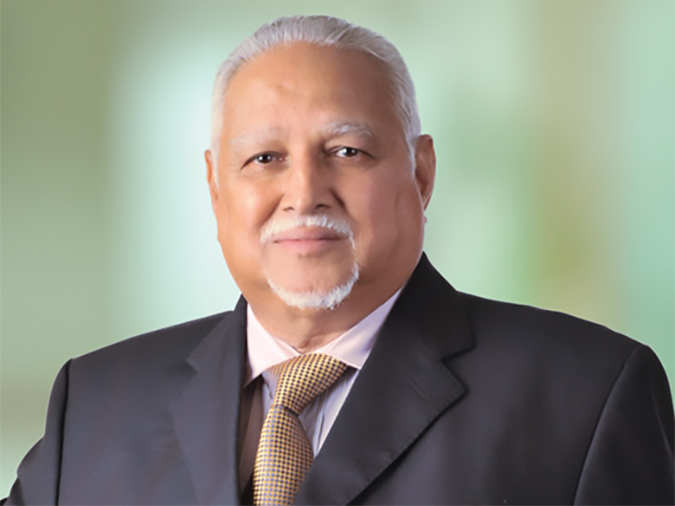How Sri Lankan Politicians, Civil Servants, and Business Tycoons Profited from the Plundering of State-Owned Enterprises

(Lanka-e-News -14.Feb.2025, 7.35 PM) Sri Lanka’s political class has a long and embarrassing history of selling public assets for a fraction of their actual worth—often to well-connected businessmen who, coincidentally, happen to be their friends, family, or generous donors. The result? Billions of rupees in losses for taxpayers, while a handful of elites walk away with unimaginable wealth.
The Offences Against Public Property Act, meant to protect state assets, has proven to be a blunt instrument—rarely enforced against those who matter and conveniently ineffective when it comes to recovering stolen public wealth. If Sri Lanka is serious about undoing decades of economic looting, this law must be reformed to allow the government to reclaim misappropriated public property, even retroactively.
If you ever wondered how Sri Lanka’s wealth ended up concentrated in the hands of a few tycoons, look no further than its shamelessly rigged privatization process.
Take businessman Harry Jayawardena, for example. A well-known figure in Sri Lanka’s corporate world, he managed to acquire massive state-owned enterprises—including Distilleries Company and Ambewela Farm—at questionably low prices. These were not just random deals; they were strategically orchestrated transfers of public wealth into private hands.
But Jayawardena is hardly alone. The Sri Lankan plantation sector was sold to Indian companies and local firms at throwaway prices. Fast forward a few decades, and these same estates are worth 800% more than what they were sold for. Who footed the bill for this daylight robbery? The Sri Lankan taxpayer.
In total, estimates suggest that over LKR 1,900 billion worth of public assets have been practically given away to private individuals and corporations. And yet, not a single politician or businessman has been held accountable. No investigation, no recoveries, no consequences.
The Sri Lankan Penal Code Ordinance No. 2 of 1883 already has provisions to deal with this sort of criminal activity. Under Section 388 (Criminal Breach of Trust), any individual who has misused public property or acted dishonestly in handling state assets can be held accountable. But the reality?
Not a single top-level politician or businessman has been convicted under this section for state asset misappropriation.
This law, written over 140 years ago, was designed to protect public resources from fraud and dishonesty. Yet, for decades, it has remained unused against those in power, turning Sri Lanka into a playground for corrupt politicians and their business allies.
If Sri Lanka is serious about rebuilding its economy and restoring public trust, it must reform its laws to allow:
1. Retroactive Asset Recovery: If a state-owned enterprise was sold far below market value, the buyer must either return the asset or compensate the government for the losses incurred by taxpayers. No exceptions.
2. Accountability for Politicians and Civil Servants: Any ex-president, ex-minister, or government official involved in these dubious deals must be held legally responsible. They should not be allowed to retire peacefully on stolen wealth while ordinary Sri Lankans struggle with economic hardship.
3. No Time Limits for Economic Crimes: Just because a corrupt deal happened decades ago doesn’t mean it should be forgotten. Economic crimes have long-term consequences, and those responsible should remain accountable, regardless of when the crime took place.
4. Independent Market Valuation: Every privatization deal must be reviewed by an independent commission to determine whether it was fair. If the sale price was significantly lower than market value, the government should have the legal right to reclaim the asset or recover the lost amount.
With Anura Kumara Dissanayake and the NPP now in power, there is a historic opportunity to finally hold these criminals accountable. But will they take action? Or will they, like their predecessors, allow these billionaires to enjoy their stolen fortunes in peace?
Sri Lankan taxpayers have been taken for a ride for too long. It’s time to make the looters pay.
---------------------------
by (2025-02-14 14:30:49)
Leave a Reply